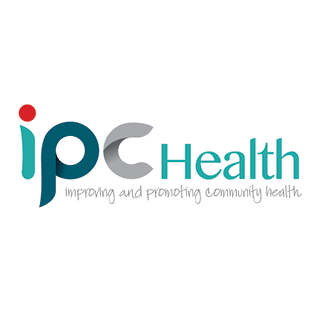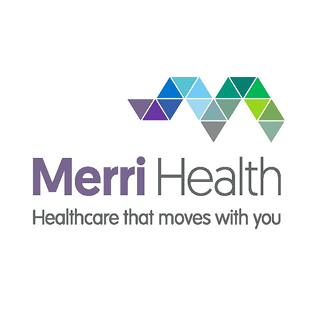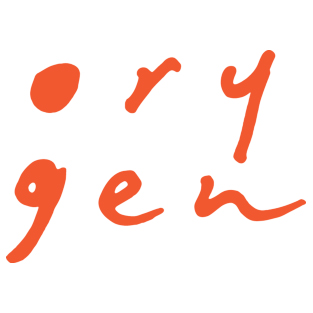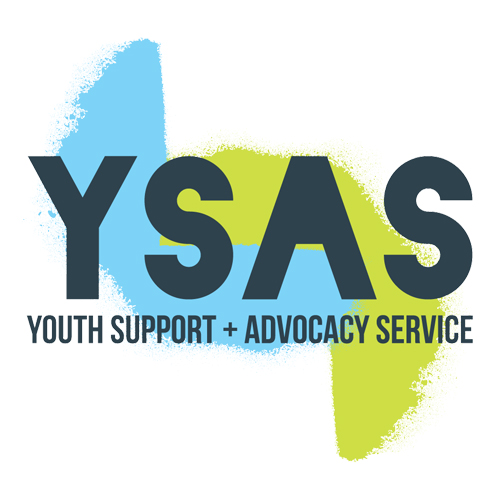Improving access to culturally safe primary health care services
1 July 2021 to 31 December 2021
$350,000
all
Overview
Developing and embedding cultural responsiveness in health services is an ongoing process of continual learning. To contribute to this vital effort, North Western Melbourne Primary Health Network (NWMPHN) tested a quality improvement (QI) approach to building the cultural responsiveness of services in our region.
In June 2020 NWMPHN commissioned the Ethnic Communities’ Council of Victoria (ECCV) to consult with community members, primary health care providers, general practices, community health organisations and multicultural organisations in our region to understand what culturally responsive care means to them. Using the insights gained from the consultation findings, ECCV developed a set of cultural responsiveness resources including a Culturally Responsiveness Assessment Tool (CRAT). These resources are designed to support NWMPHN’s commissioned providers to undertake quality improvement (QI) activities to improve cultural responsiveness in their services.
In 2021 NWMPHN worked with seven primary health care providers to implement and test the effectiveness of the CRAT.
Outcomes
The key objectives of this activity were to:
- support our commissioned primary health care providers to implement the CRAT and complete activities to improve their cultural responsiveness
- build the capacity of our commissioned primary health care providers to respond to the needs of CALD communities
- improve access to culturally responsive primary health care services for culturally and linguistically diverse communities in our region.
Providers participating in the pilot implemented the CRAT in different ways and with varying degrees of success; however, they all indicated the tool was beneficial for their organisation’s QI activities. Conducting an initial analysis and assessment process enabled productive, evidence-based conversations about good practice, gaps and priorities.
Enablers for successful implementation of the CRAT included alignment with organisational values, strategic and operational goals and plans. Strong leadership support is also essential.
The pilot successfully improved the capability and capacity of staff and some have since embedded improved cultural responsiveness across their organisations.
Can other organisations use the CRAT?
Yes, the CRAT is available on our website. If you wish to talk to someone about the pilot or utilising the tool, please contact Access Equity and Engagement Lead, Michelle Ravesi by email to michelle.ravesi@nwmphn.org.au











